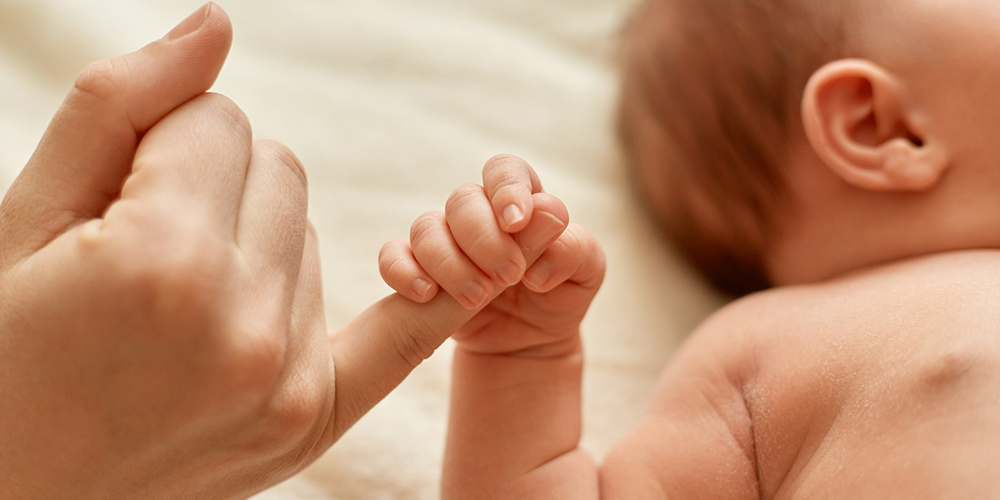Available 24/7
Available 24/7
December 14, 2022

Pregnancy and motherhood should be nothing but a blessed and joyous state when women feel proud that they are going to bring new life to the world-a child. However, the excitement of having a new baby can be overshadowed by feelings of sadness and mood swings. Such feelings are experienced by many new moms shortly after giving birth and are often referred to as the ‘baby blues.’
Baby blues tend to be noticed around three to five days after the baby is born and the mom will often experience symptoms for about two weeks. This happens within the first couple of weeks after childbirth, when the estrogen and hormone levels change, thus directly affecting mother experience and becoming a factor in the start of post-baby blues symptoms.
A new-born can bring responsibility and additional stress to new mothers. As a result of this, some common symptoms are crying, anxiety, and feeling restless or overwhelmed. These symptoms are known as the baby blues and are likely to occur within four to five days after the birth of the baby.
There is a huge difference between the baby blues and postpartum depression. The distinguishing factor between the two is often the timeframe in which symptoms occur. Thus, baby blues should subside after a few weeks while postpartum depression can last up until a year or longer.
Unlike baby blues, postpartum depression occurs in 10-15 percent of women in the six months following childbirth with risk factors often mirroring those typically found with major depression. As a mother caring for a new infant and potentially older children in addition to managing her normal responsibilities, feelings of depression are especially problematic.
Some ways to tell the difference between the baby blues and postpartum depression are timeline and symptoms. The baby blues occur for a few hours each day and should disappear within fourteen days after delivery. Postpartum depression on the other hand can occur within four weeks to several months after childbirth and can last up to a year. Some of the symptoms of baby blues are irritability, fatigue, and sadness. Postpartum symptoms are often more severe and include aggression, extreme stress, and potentially feelings of detachment from the baby.
It is important to open a dialogue with your physician about these new emotions, challenges, and changes that you are experiencing. Whether what you are experiencing is the baby blues or postpartum depression, it is imperative to ask for help to discover what treatment may be best.